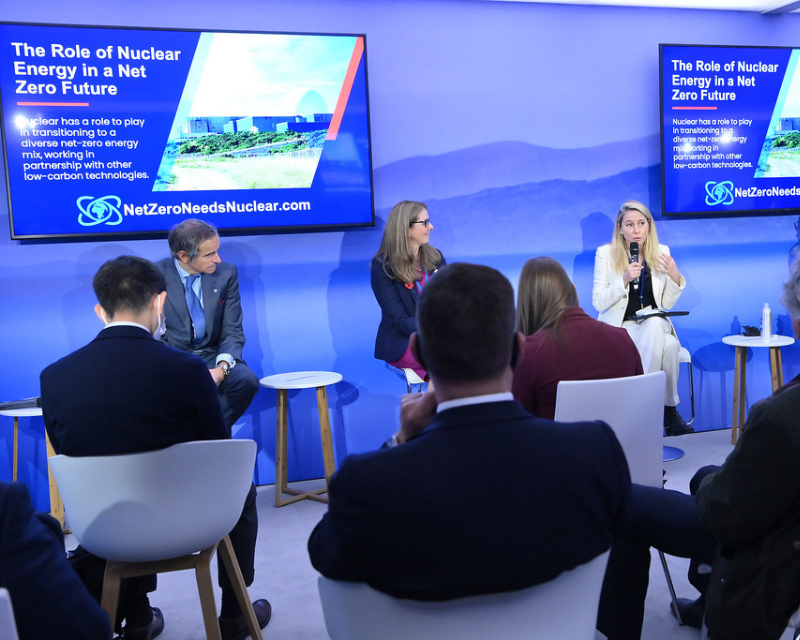UN climate summit COP26 said to insight momentum
Nov 12, 2021
Starting Oct. 13 to Nov. 12, delegates arrived in Glasgow for the Conference of the Parties’ 26th session (COP26). Originally scheduled for Nov. 2020, COP26 invites over 30,000 delegates to work with world leaders and climate experts to discuss new potential climate change goals.
The main focus of COP26 is on the Paris climate agreement, which highlights the cruciality of limiting global temperatures to 1.5 C. However, concerns arise as many countries that have agreed in targeting emission reductions have yet to bring improved commitments.
Wealthier countries under the Paris climate agreement promised to provide 100 billion dollars for developing countries annually; however, only 79.6 billion dollars were raised in 2019—not nearly enough to fund the building of greener economies in these countries.
“I think the main focus of COP26 will be about how more economically developed countries like the United States and England can better aid less economically developed countries in order to prevent many of the climate disasters they are facing,” Eddie Chu (10), a student interested in climate change, said. “I believe it will take quite a while for all countries to enforce their climate change policies, but I hope that global action towards combating climate change can be seen within the next 20 years for the betterment of our future generation.”
As 2021 comes to an end, countries are in a rush to set an agenda for their new long-term emission-reduction targets. With all countries needing to mandatorily submit these goals in the remaining months, the COP26 is a beneficial time to address the global climate emergency.
Though establishing a net-zero economy in the present day is a great challenge, delegates are hoping to mitigate greenhouse gas emissions and curb the severe impacts of climate change, like extreme weather and sea level rises, that are bound to intensify in the following years.
“We need to change our climate policies and introduce new technologies to reduce the carbon emissions amongst countries so that we do not have a 2% rise in carbon emissions in comparison to pre-industrial times,” Peter Alden, environmental science teacher, said. “I think it will be really hard to implement climate change momentum amongst all countries, but it is important that we are putting in the efforts right now in order to lower the catastrophic impacts of both our atmosphere but also the costs that will accumulate in the long run.”







